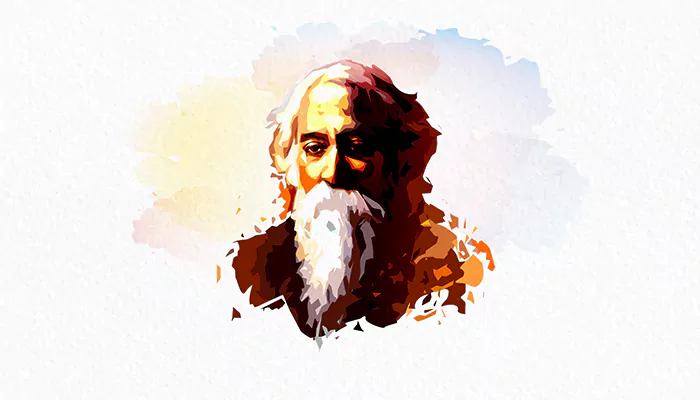The Role of Family in Indian Literature

The importance of family has always been deeply ingrained in Indian culture and traditions, and it is no surprise that this theme is prevalent in Indian literature as well. In fact, the family has been a recurring theme in Indian literature for centuries, serving as the backbone of many stories and novels.
Let's delve deeper into the role of the family in Indian literature and explore its significance.
The Significance of Family in Indian Literature
Family is considered the basic unit of Indian society, and it plays a crucial role in shaping an individual's personality, beliefs, and values. Indian literature reflects this belief, with family being a central theme in many works of fiction.Whether it is the family drama portrayed in R.K. Narayan's "The Guide" or the exploration of family relationships in Chitra Banerjee Divakaruni's "Arranged Marriage," Indian literature often highlights the dynamics of familial relationships.
The Role of Family in Shaping Indian Identity
The family unit has always been considered the foundation of Indian identity, with children often carrying the legacy of their family name and traditions. This concept is echoed in literature as well, with family serving as a key factor in the development of a character's identity. In many Indian novels, characters struggle to balance their individual identity with their family obligations, leading to conflicts and internal struggles.The Representation of Family in Indian Mythology
Indian mythology is rich with tales of families, from the great dynasties of the Mahabharata to the familial relationships of the gods in the Hindu pantheon. These stories often explore the complexities of family relationships, including loyalty, duty, and sacrifice. They also offer valuable lessons on the importance of maintaining familial bonds and upholding family traditions.The Portrayal of Modern Indian Families in Literature
As India undergoes rapid social and economic changes, the family unit has also undergone a transformation. This shift is reflected in modern Indian literature, which often portrays families struggling to balance tradition with modernity. Novels like Arundhati Roy's "The God of Small Things" and Jhumpa Lahiri's "The Namesake" delve into the conflicts and challenges faced by modern Indian families, including generational gaps, cultural clashes, and changing gender roles.The role of the family in Indian literature is complex and multifaceted, reflecting the intricate web of relationships and traditions that make up Indian society. From ancient myths to contemporary novels, family serves as a recurring theme that offers insights into the struggles, joys, and complexities of familial relationships.
As India continues to evolve and change, the portrayal of a family in literature will undoubtedly continue to evolve as well, offering new perspectives and insights into this fundamental aspect of Indian life and providing learning experiences for students of all ages.











